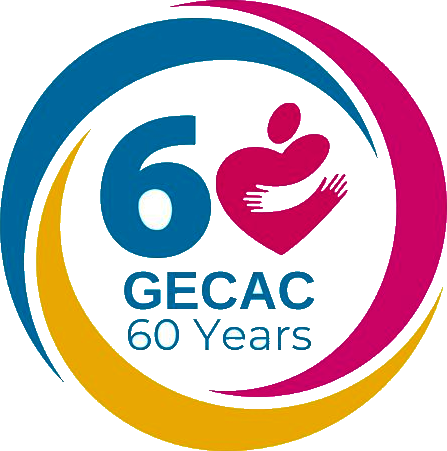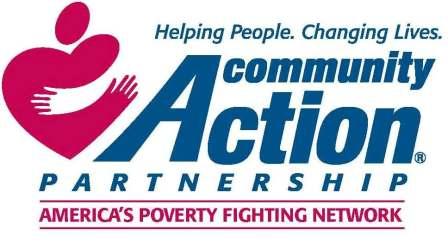Our Story
Founded on March 8, 1965, GECAC was born from a bold vision — to seize the momentum of the 1964 Economic Opportunity Act and bring real solutions to poverty right here in Erie County. Spearheaded by the City of Erie under the leadership of then-Mayor Charles B. Williamson, a diverse coalition of community leaders came together to launch what would become the region's most impactful anti-poverty initiative.
Powered by Community CollaborationFrom the beginning, GECAC was built on partnership. Influential organizations across education, labor, faith, business, and media joined forces — including: Penn State Behrend, Catholic Charities, Central Labor Union, Erie Council of Churches, Gannon University, Greater Erie Chamber of Commerce, Jewish Community Welfare Council, Manufacturers Association of Erie, Booker T. Washington Center, Local school districts and diocesan schools, United Electrical Workers of America, and WICU-TV.
Erie's Front Line Against PovertyFueled by the dedication of civic leaders and institutional partners, GECAC quickly established itself as Erie County's premier anti-poverty organization. For decades, we've been at the forefront of creating opportunity — providing essential services, advocating for equity, and transforming lives throughout our region.
Leading the Charge: GECAC's CEOs
GECAC was officially recognized as a private, 501(c) 3 non-profit organization with its own local board of directors in 1965.
Charles Peters, 1965- 1967
William Clark, 1967- 1969
R. Benjamin Wiley, 1969- 2004
Ronald Steele, 2004- 2016
Danny Jones, 2017- 2024
Dr. Ben Wilson, 2024- Current
A Nationwide Force for Good
From coast to coast, over 1,100 Community Action Agencies serve 99% of the U.S. and Puerto Rican counties. GECAC is proud to be one of 41 agencies leading the charge in Pennsylvania — empowering families, strengthening communities, and building a future where everyone has a chance to succeed.
Empowering People. Transforming Communities.
At the heart of every thriving community is opportunity. That's why Community Action Agencies like GECAC exist — to turn potential into progress. By strategically aligning local, state, federal, and private resources, we help low-income individuals and families gain critical skills, access life-changing opportunities, and move toward lasting economic independence.
A Smarter Way Forward
Today, poverty is understood as a complex, systemic issue. And Community Action takes a systems-based approach to meet it head-on. With the flexibility of the federal Block Grant System, we're able to tailor innovative, local solutions that create real impact.



